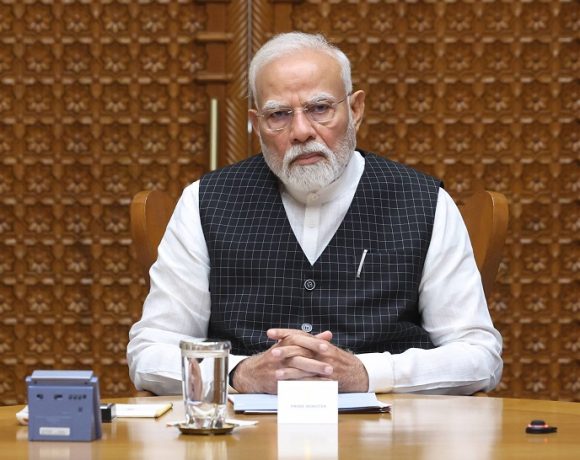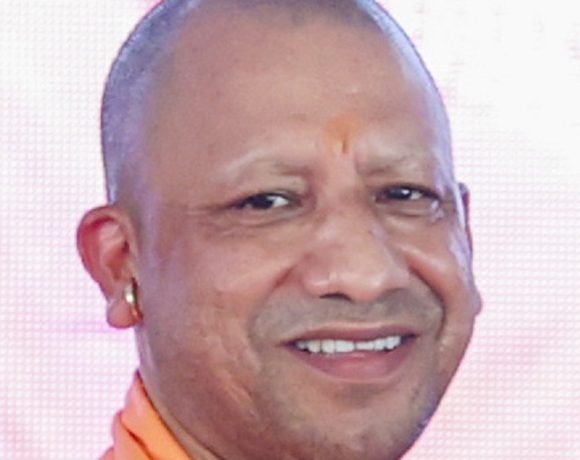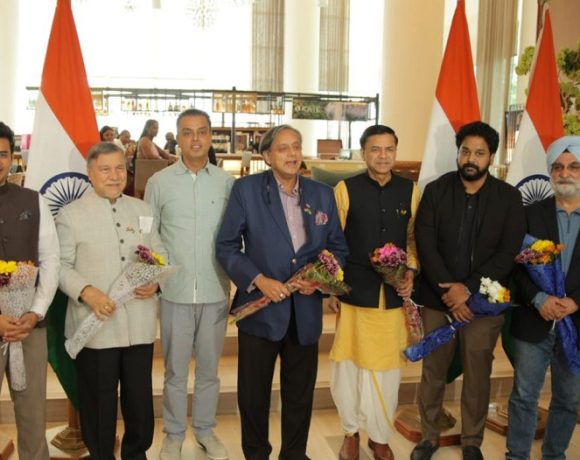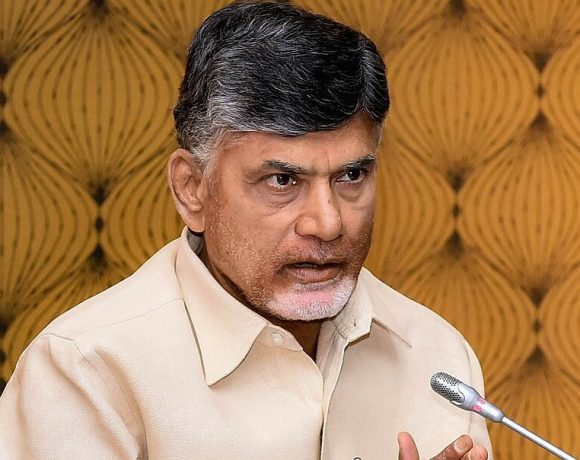
India Launches Nationwide Drive to Formalize Informal Economy
In a significant move to strengthen India’s economic framework, the government has launched a pan-India drive aimed at formalizing the informal economy and boosting compliance under the Goods and Services Tax (GST) regime. The initiative, led by the Ministry of Finance and coordinated with state governments, aims to bring unregistered businesses, traders, and workers under the formal economic system.
The campaign is part of a broader strategy to improve revenue collections, increase transparency, and ensure that informal sector workers gain access to essential protections and benefits.
Key Objectives of the Formalization Drive
The government’s mission focuses on three major goals:
- Improving GST Compliance: Businesses currently operating outside the tax net will be encouraged to register under GST, expanding the tax base and ensuring fair market practices.
- Bringing Informal Workers into the System: Workers from unorganized sectors such as street vendors, daily wage laborers, and small artisans will be integrated into government databases to help them access social security, insurance, and welfare schemes.
- Pushing Digitalization: The government is advocating for the adoption of digital payment systems to reduce the volume of cash-based, untraceable transactions.
Multi-Pronged Strategy for Implementation
To execute this campaign successfully, the government is deploying a mix of policy reforms and on-ground efforts:
- Mass Awareness Campaigns: Informal businesses are being educated about the long-term advantages of formalization, including credit access, business expansion, and legal security.
- Simplified GST Registration: The GST Network (GSTN) has been tasked with simplifying the registration process for small traders, even in remote regions, through mobile assistance camps and digital kiosks.
- Incentive Schemes: Small businesses opting for formal registration will be offered benefits like reduced interest loans, preferential procurement under public schemes, and easier compliance protocols.
- Data Integration and Monitoring: Authorities will use real-time data analytics to identify gaps in compliance and follow up with targeted enforcement in sectors showing persistent evasion.
Expected Economic and Social Impact
The government anticipates wide-ranging benefits from this initiative:
- Enhanced Revenue Generation: Formalizing the informal sector could significantly boost monthly GST collections and reduce tax evasion.
- Formal Job Creation: With businesses entering the formal fold, new job opportunities are likely to emerge, backed by better pay structures and legal contracts.
- Greater Financial Inclusion: Workers included in formal records can access banking services, credit lines, pensions, and health coverage.
Roadblocks and Challenges Ahead
Despite its promise, the campaign faces several hurdles:
- Cultural Resistance: Many informal enterprises fear red tape and loss of income due to perceived burdens of taxation and regulation.
- Digital Divide: Lack of internet access and low digital literacy in rural areas could delay implementation of digital GST systems.
- Need for Capacity Building: State-level authorities will require continuous training, funding, and technological support to sustain momentum on the ground.
The government views this drive as a critical step toward economic modernization. If successfully implemented, it could mark one of the most significant structural changes in India’s post-GST era.


















